 Image Credit: DepositPhotos
Image Credit: DepositPhotos
After spending over two decades in real estate and working as a Chartered Financial Analyst (CFA), I’ve seen numerous factors that influence property values. It’s fascinating to observe how these elements can significantly impact a home’s worth.
A recent analysis by Local Logic found that while 52% of a property’s value comes from the property itself, a substantial 48% is influenced by its surrounding location. This means nearly half of your home’s value isn’t about the house at all, it’s about everything around it!
Understanding these factors is crucial for anyone involved in real estate. For homeowners, it can guide decisions about renovations and maintenance. For potential buyers, it helps in making informed investment choices.
This guide will walk you through 12 things that can increase your property’s value and 12 that can lower it. Armed with this knowledge, you’ll be better equipped to maintain and enhance your property’s value, regardless of market conditions.
Do you agree with our list? Did we miss any? Let us know in the comments!
Things That Increase Property Value
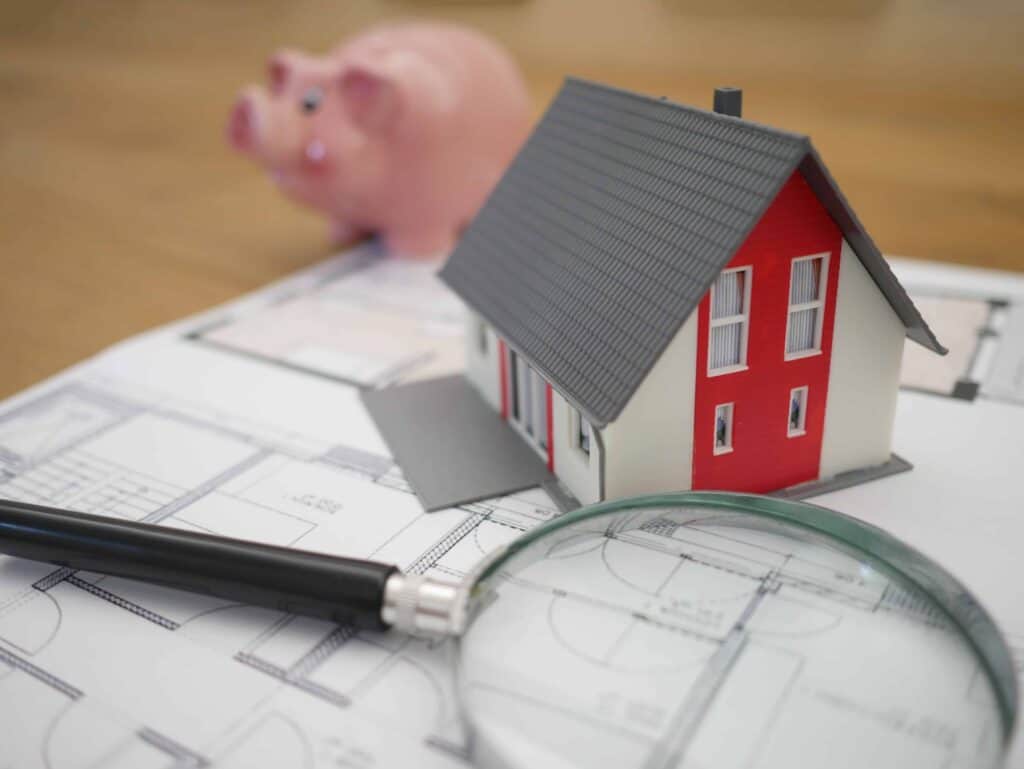

Your home’s value isn’t set in stone. Many factors can boost its worth, some of which you can control and others that are part of your property’s inherent characteristics.
Here are 12 key elements that can significantly increase your property’s value:
Passive Real Estate Investing – How To Get Started
Location & Neighborhood
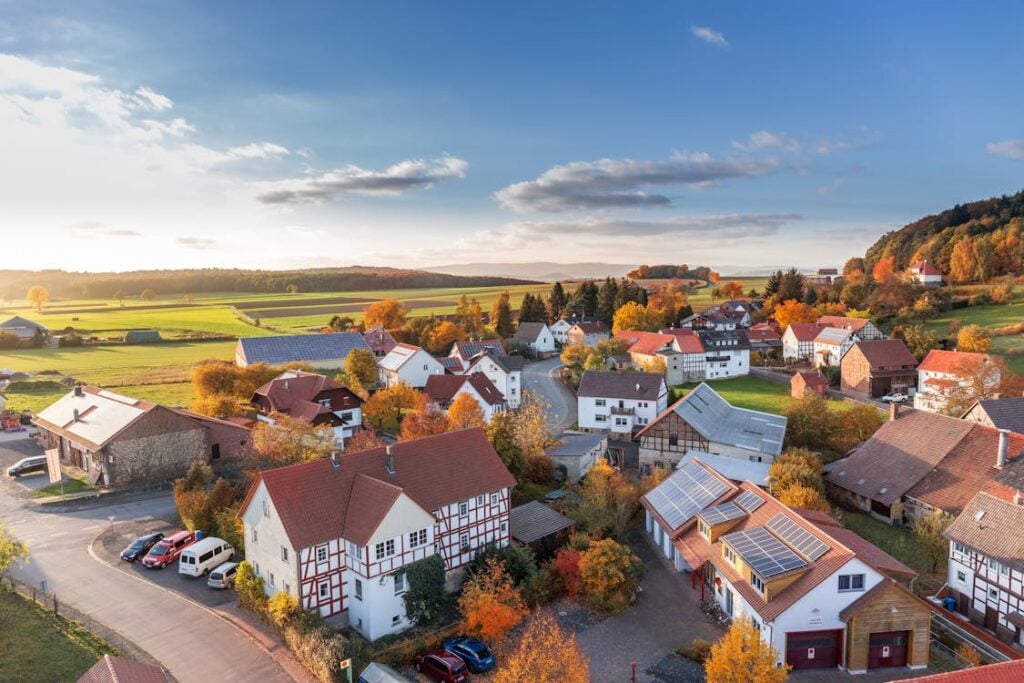

The old saying “location, location, location” remains true in real estate. Properties in desirable neighborhoods with good schools, low crime rates, and plenty of amenities tend to appreciate faster.
Proximity to public transportation and parks also makes a home more attractive. A prime location can often outweigh other factors, making it one of the most critical aspects of a property’s value.
Earn Free Gift Cards
Swagbucks: Coupons, Paid Online Surveys & Free Gift Cards
Do you want to make money online simply by searching, shopping, surveys, or playing games?
Pros:
- Account creation is free
- Big bonus on sign up
- Many ways to earn free money
- Mobile-friendly rewards site and apps
- Simple to complete tasks
- $10 to sign up
Cons:
- Not exactly passive income
- Redeeming SB points sometimes takes awhile
- It isn’t easy to qualify for all surveys
- Customer service isn’t the greatest (or fastest)


10 States the Average Buyer Can Still Afford a House
Upgraded Kitchen
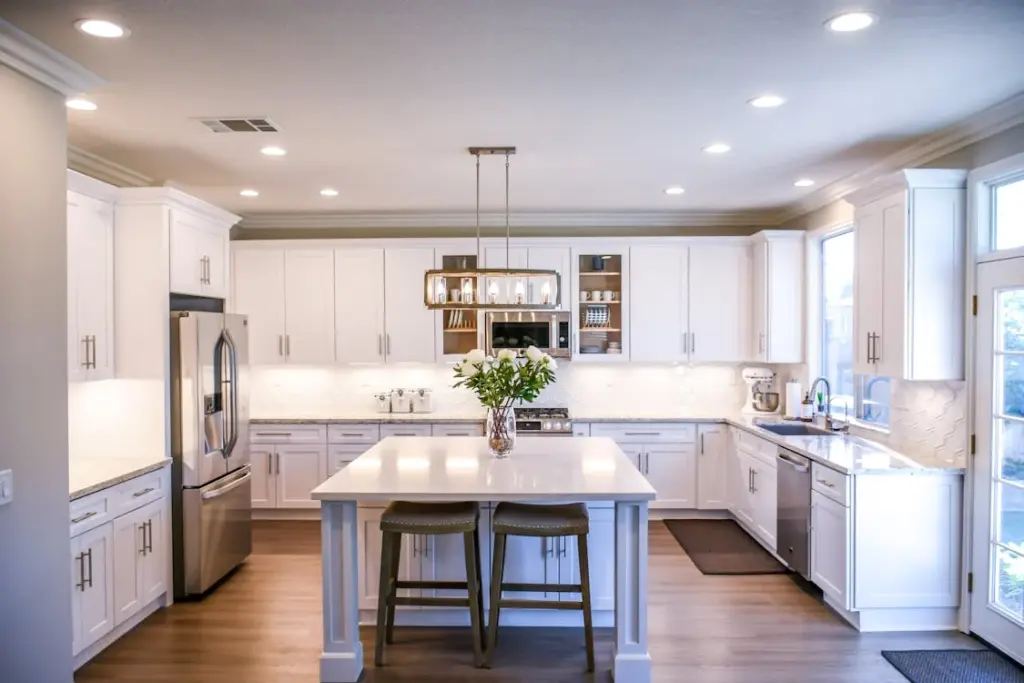
 Image Credit: Pexels
Image Credit: Pexels
The kitchen truly is the heart of the home, and an updated, functional kitchen can make your entire house more appealing to potential buyers. You don’t need a complete overhaul to see benefits.
Simple improvements like new countertops, modern appliances, or an open layout can yield a high return on investment. A well-designed kitchen can be a major selling point and significantly boost your home’s overall value.
How Often Should You Clean Your Kitchen Appliances? – Experts Weigh In
Curb Appeal & Landscaping


First impressions matter immensely in real estate. A well-maintained exterior and appealing landscaping make a home more attractive to potential buyers, increasing its overall value.
Research found that curb appeal can account for up to 7% of a home’s value when sold. This includes everything from maintaining a manicured lawn to adding attractive plants and ensuring the exterior paint is in good condition.
25 Things Homebuyers Instantly Hate About Your House
Energy Efficiency Upgrades
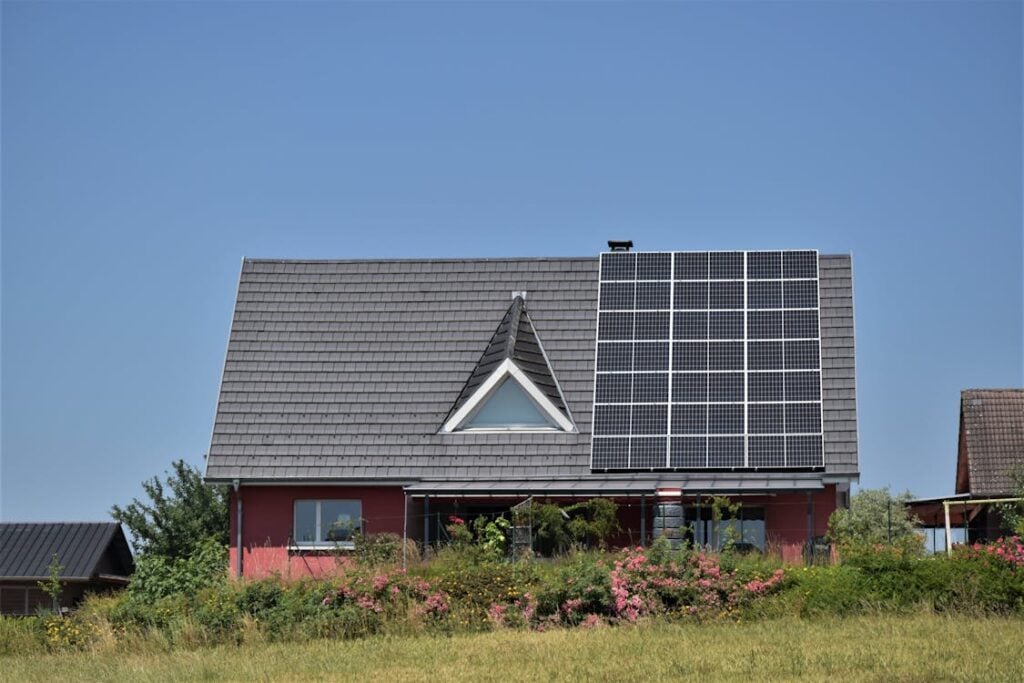
 Image Credit: Pexels
Image Credit: Pexels
Homes that are energy-efficient appeal to environmentally conscious buyers and reduce utility costs. Installing solar panels, double-paned windows, and energy-efficient HVAC systems can increase a home’s attractiveness.
These upgrades not only add value but also provide long-term savings for homeowners. Buyers often see these features as investments in future cost savings and environmental responsibility.
How to Improve the Energy Efficiency of your Home HVAC
Additional Living Space
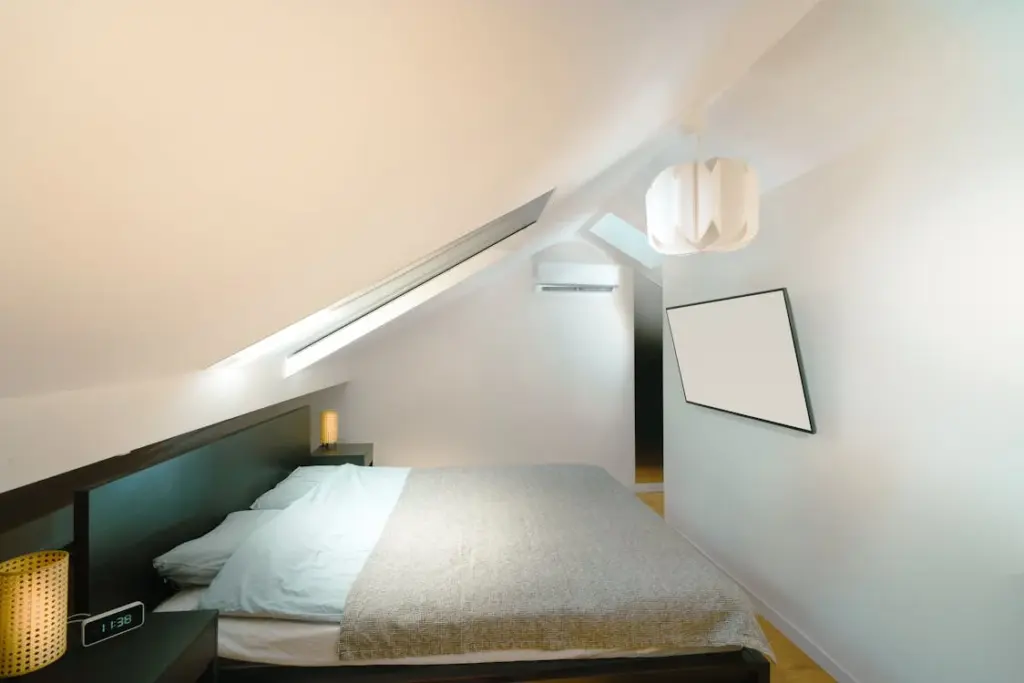

Expanding a home’s usable square footage, such as adding a bedroom, bathroom, or finishing a basement, boosts its market value. Additional living areas make homes more versatile for different family sizes.
This could mean converting an attic into a bedroom, finishing a basement to create a family room, or even adding an extension to the house. More space often translates to higher value in the real estate market.
Clever Strategies for Buying a House with Little or No Money Down
Updated Bathrooms


Modern bathrooms are a key selling point for buyers. Simple upgrades like new fixtures, improved lighting, and quality materials can enhance both comfort and aesthetics.
A well-designed bathroom can create a spa-like atmosphere, adding a touch of luxury to everyday life. Even small changes, like replacing an old vanity or retiling the floor, can make a significant impact on a bathroom’s appeal and the overall home value.
12 Tips For Starting a Home Renovation Without Spending Too Much
Smart Home Technology
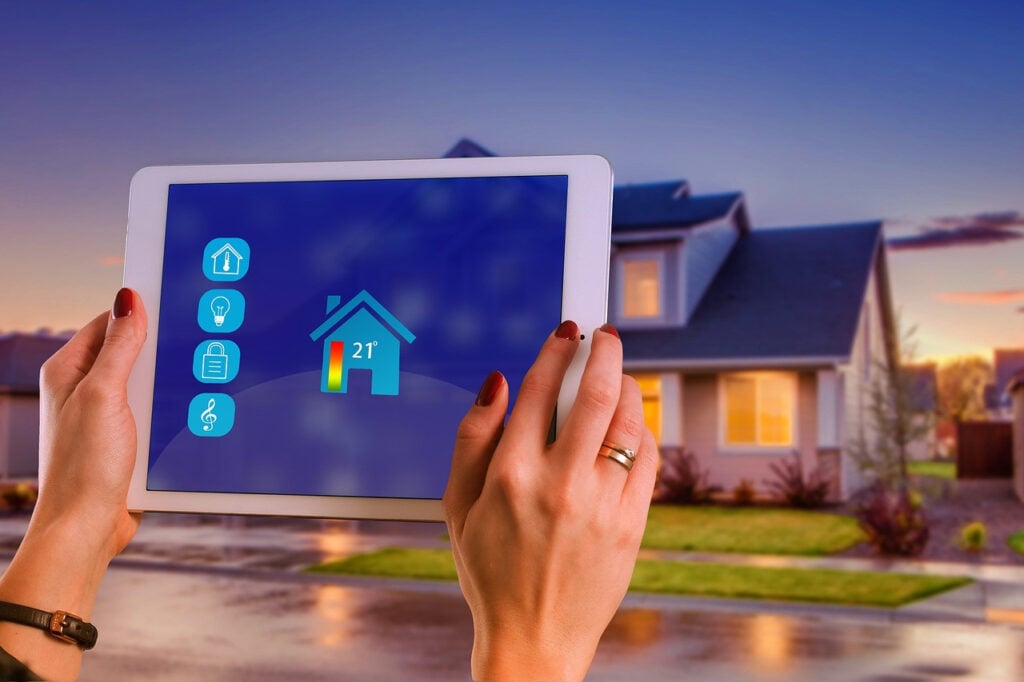

The integration of smart home features like thermostats, security systems, and lighting can enhance a home’s appeal offering convenience and energy efficiency. These technologies make daily life easier and often provide additional security.
Potential buyers, especially younger ones, increasingly see smart home features as desirable additions that justify a higher price point.
These 10 Items Under $200 Make Life So Much Easier
Garage or Off-Street Parking
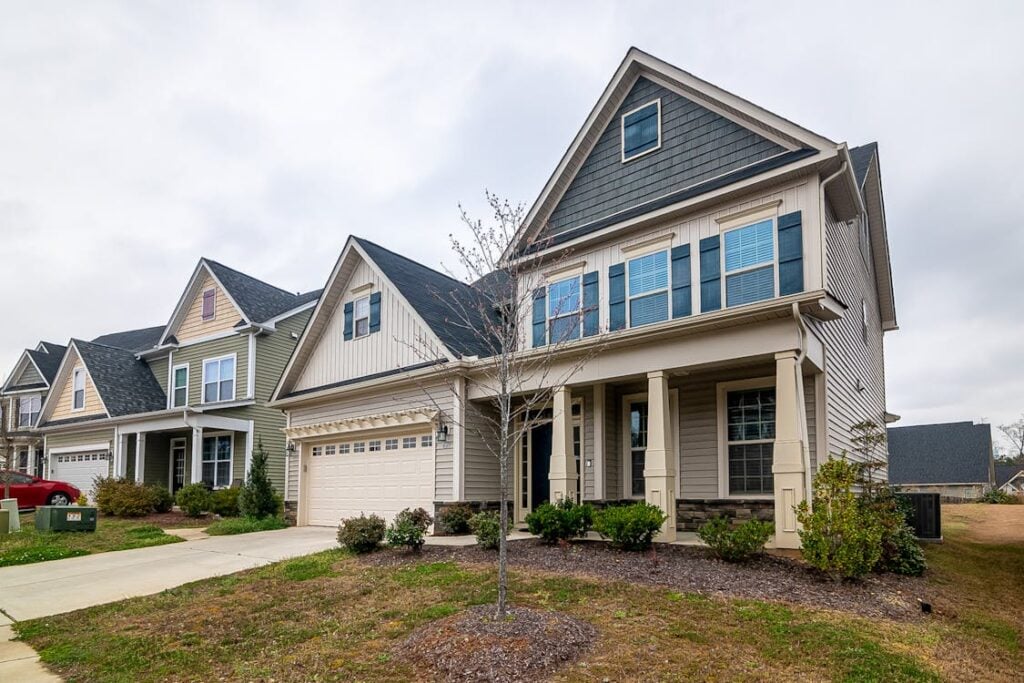

In urban and suburban areas, parking can be a crucial selling point. A garage or driveway increases the practical value of a home, especially in densely populated neighborhoods.
This amenity offers convenience and security for vehicles, which is highly valued by many homeowners. In areas where street parking is limited, off-street parking can significantly boost a property’s desirability and value.
Silence Your Noisy Garage Door: Tips For Garage Door Maintenance (Pictures)
Fresh Paint & New Flooring
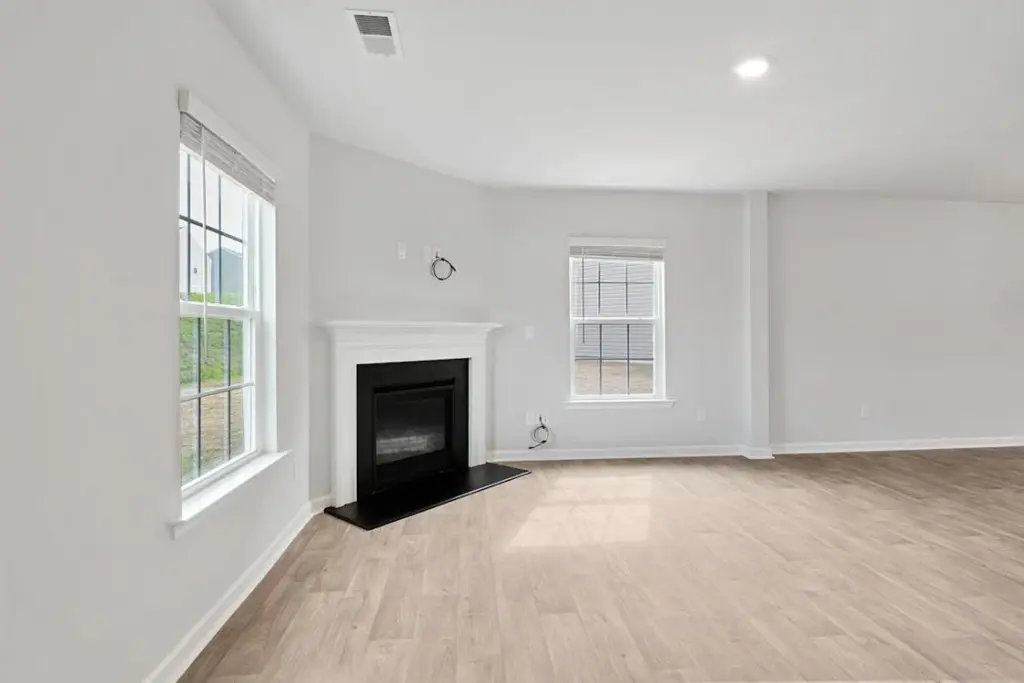
 Image Credit: Pexels
Image Credit: Pexels
A simple yet effective way to freshen up a property is through new paint and flooring. Neutral tones and modern flooring choices like hardwood can make a home feel newer and more inviting.
These updates can transform the look and feel of a space, making it more appealing to potential buyers. Fresh paint and new flooring also signal to buyers that the home has been well-maintained, which can increase their confidence in the property.
How To Clean Wood Flooring: A Landlord Answers
Permits for Renovations

 Image Credit: Pexels
Image Credit: Pexels
Having proper permits for home renovations ensures that any improvements are up to code, which can boost a home’s value. Buyers feel more confident when major work has been done legally and correctly.
This documentation provides peace of mind and can prevent future legal issues. It also demonstrates that the renovations were done thoughtfully and with attention to detail, which can justify a higher asking price.
🙋♀️If you like what you are reading, then click like and subscribe to my newsletter. We share tips to waste less time and money.
Privacy Features
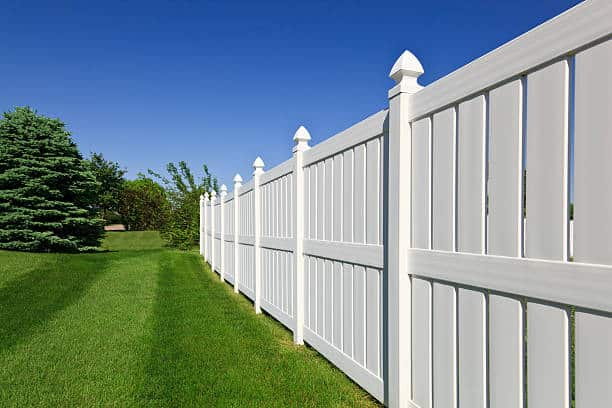
 Image Credit: iStock
Image Credit: iStock
Buyers often seek privacy, especially in suburban and rural areas. Features like tall fences, privacy landscaping (like hedges), and soundproof windows enhance the feeling of seclusion and can boost a home’s appeal.
In an increasingly connected world, the ability to retreat to a private space is highly valued. These features can transform a property into a personal oasis, making it stand out in the market.
What NOT to Buy for Your House: 24 Regrets from Homeowners
Updated Amenities
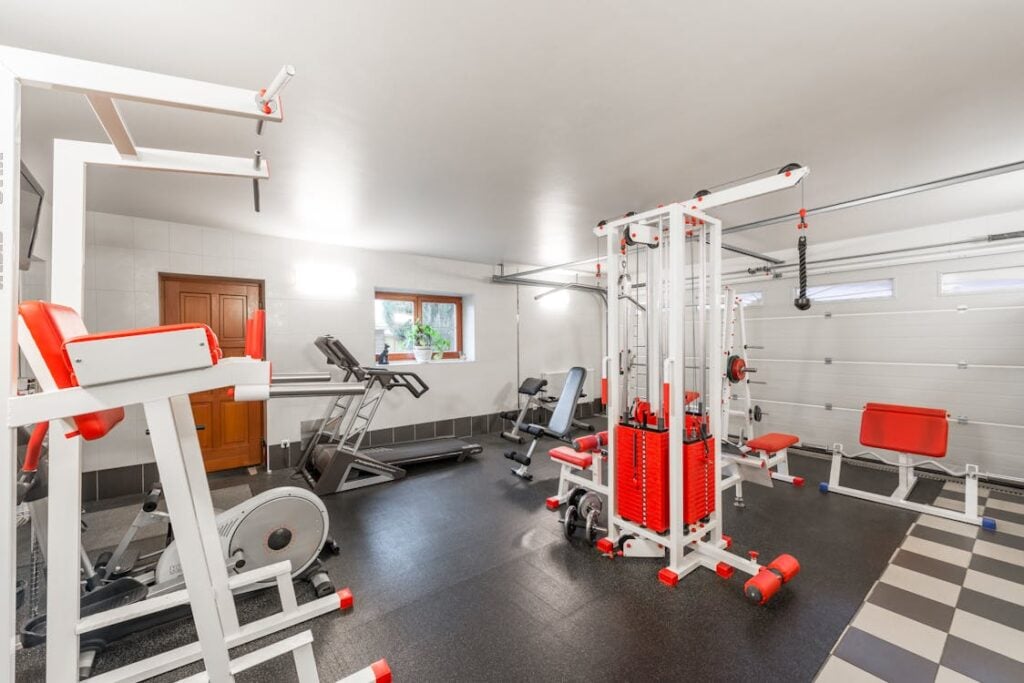

Homes with modern, high-end amenities like a home gym, spa-like bathrooms, or outdoor kitchens are increasingly desirable. These luxury upgrades often attract buyers willing to pay a premium.
Such features can make daily life more enjoyable and convenient, adding significant value to a property. They also help a home stand out in a competitive market, potentially leading to faster sales at higher prices.
26 Costly Mistakes First-Time Homebuyers Regret (And How to Avoid Them)
Things That Lower Property Value
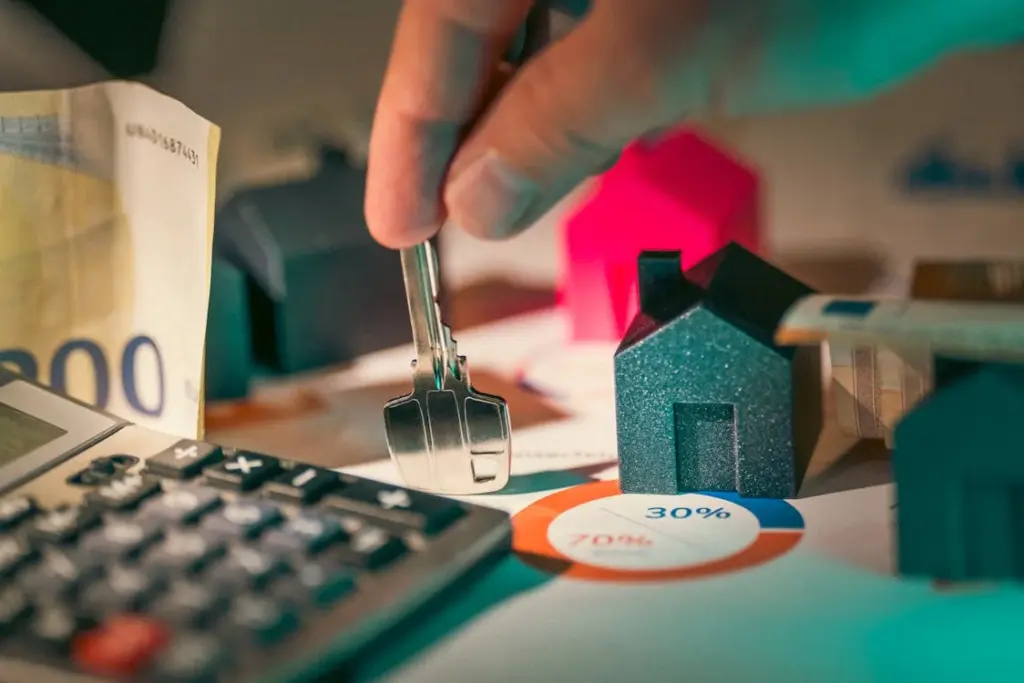

While many factors can boost your property’s value, it’s equally important to be aware of elements that might decrease it. Understanding these potential pitfalls can help you make informed decisions about your property and avoid unnecessary depreciation.
Let’s examine 12 key factors that can negatively impact your property’s value:
People Are Fleeing These States And Where They Are Flocking To
Bad Location
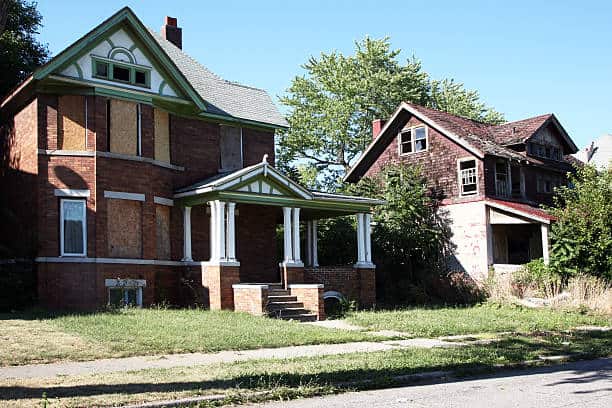

Location remains one of the biggest factors influencing a home’s worth, and unfortunately, a bad one can significantly decrease property value. Areas with high crime rates, poor schools, or proximity to undesirable facilities often see property values decline over time.
One study found that a 10% increase in violent crimes reduced property values in a neighborhood 6%. This underscores the importance of researching an area thoroughly before purchasing a property.
23 Areas of Your House That Are Most Likely to Fail Inspection
Deferred Maintenance
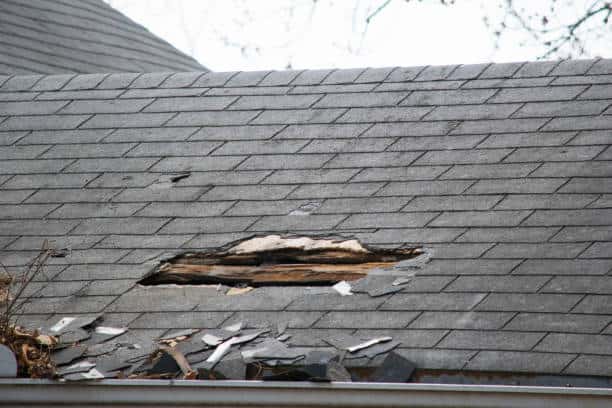

Homes that exhibit signs of neglect, such as broken appliances, leaky roofs, or foundation problems, will see their value drop. Buyers tend to avoid properties that require significant repairs or upgrades, as these represent additional costs and potential headaches.
Regular maintenance is crucial for preserving your home’s value. Ignoring small issues can lead to larger, more expensive problems down the line, ultimately impacting your property’s worth.
Fix These Ticking Time Bombs Around Your House Before It’s Too Late
Poor Curb Appeal
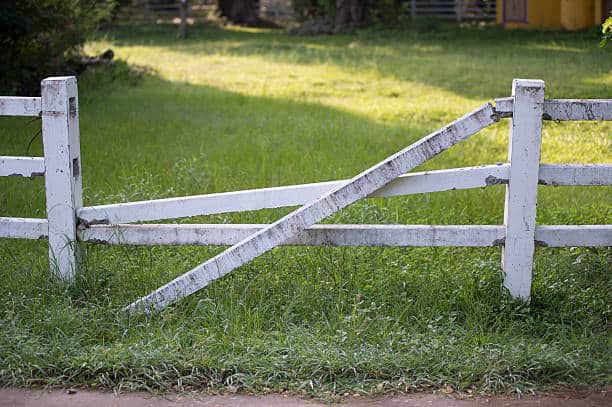
 Image Credit: iStock
Image Credit: iStock
Homes with peeling paint, overgrown lawns, or broken fences often leave a negative first impression. Properties that lack curb appeal can be harder to sell and may attract lower offers.
According to the National Association of Realtors, property values can fall 30% due to poor landscaping alone. This statistic highlights the importance of maintaining your home’s exterior and creating an inviting first impression for potential buyers.
🛑 Ditch These 10 Toxic Cleaners for Safer Alternatives That Actually Work 💪
Outdated or Poor Quality Renovations
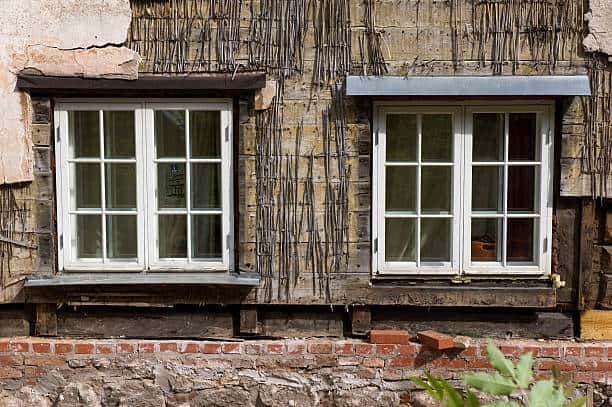
 Image credit: iStock
Image credit: iStock
Poorly executed DIY projects or outdated renovations can turn buyers away. Low-quality workmanship or materials often detract a property’s appeal and marketability. While renovations can increase a home’s value when done well, poor-quality work can have the opposite effect.
It’s essential to invest in quality materials and skilled labor when undertaking home improvement projects to ensure they add value rather than detract it.
Home Renovation Tips That You Are Sure To Love
Over-Personalized Décor
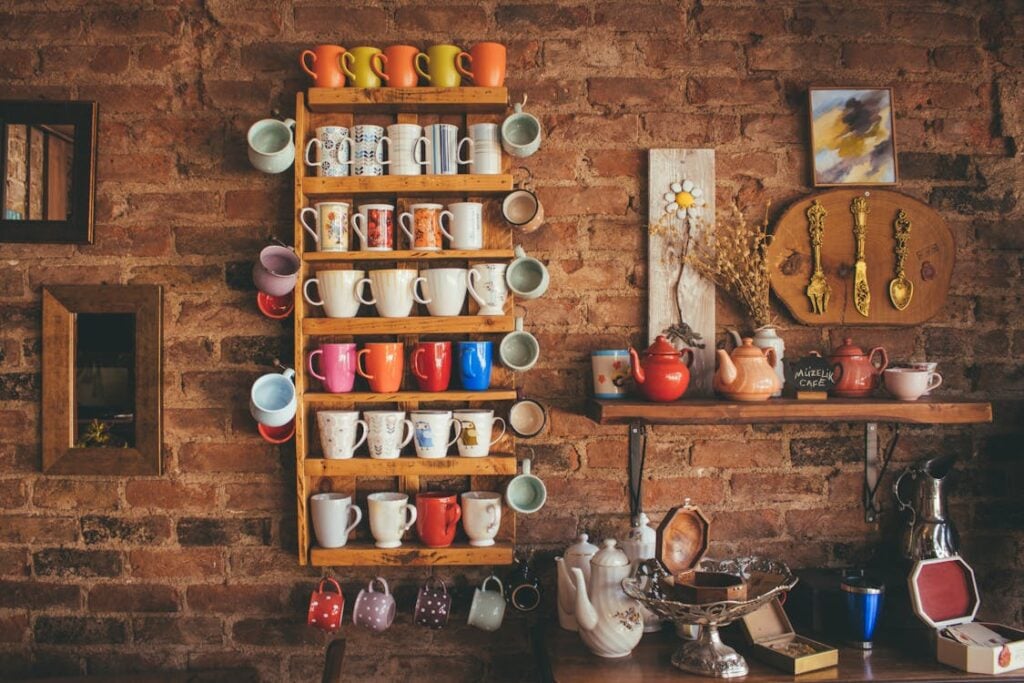
 Image Credit: Pexels
Image Credit: Pexels
Unique or highly personal design choices (like bold colors or themed rooms) can make it harder for buyers to envision themselves in the home. Neutral, broadly appealing décor helps homes sell faster and often for higher prices.
While your leopard-print wallpaper or sports team-themed man cave might be perfect for you, potential buyers might see these as projects they’ll need to undo. Keeping your home’s décor relatively neutral can help maintain its broad appeal and value.
Home Decorating Tips for Keeping Yourself on Budget
Unpleasant Odors

 Image Credit: iStock
Image Credit: iStock
Bad smells from pets, cigarette smoke, or mold can be an instant turn-off for buyers. Lingering odors may signal deeper problems like poor ventilation or water damage, further lowering the property’s value.
These odors can be particularly problematic because they’re often noticeable as soon as a potential buyer enters the home. Addressing the source of unpleasant smells and ensuring good ventilation throughout your home can help maintain its value.
Purr-fectly Clean: 13 Hacks for Pet Owners to Keep Things Fresh
Pest Infestations


Signs of termites, rodents, or other pests can signal deeper structural problems and scare off potential buyers. Pest issues often require expensive treatments, which reduces the property’s market value.
Regular pest control measures and addressing any infestations promptly can help prevent this issue from damaging your home’s value. It’s also wise to have your home inspected for pests before putting it on the market.
Get Rid Of Pests Quickly Without Harsh Chemicals
Nearby Foreclosures
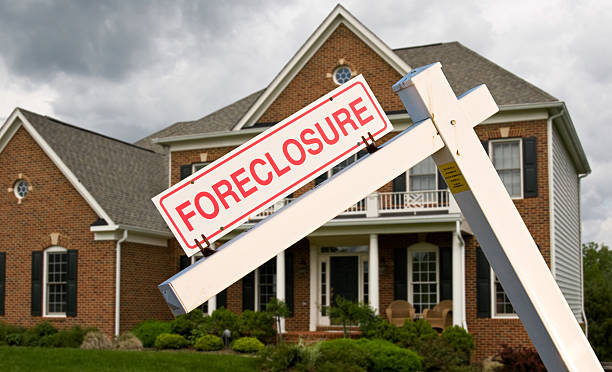
 Image Credit: iStock
Image Credit: iStock
A high number of foreclosures in the area can negatively affect property values, as they suggest economic instability. This reduces buyer confidence and demand in the area.
While you can’t control your neighbors’ financial situations, being aware of this factor can help you make informed decisions about when to sell or buy a property. In some cases, it might be worth waiting for the local market to stabilize before listing your home.
🙋♀️If you like what you are reading, then click like and subscribe to my newsletter. We share tips to waste less time and money.
Functional Obsolescence
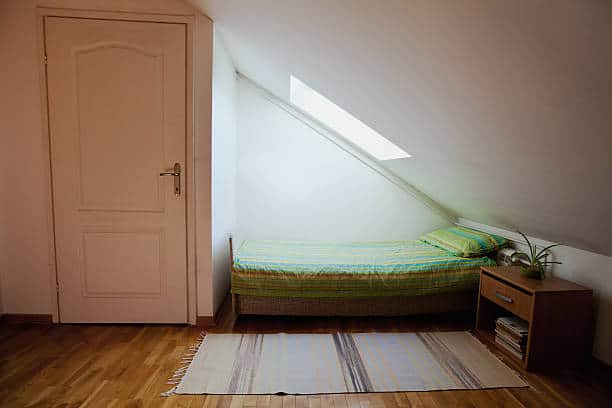
 Image Credit: iStock
Image Credit: iStock
Homes with outdated layouts, such as tiny bedrooms, small closets, or a lack of open space, may be less desirable to modern buyers. This can lead to a lower sale price compared to more modern homes.
While some aspects of functional obsolescence can be addressed through renovations, others might be inherent to the home’s original design. Understanding your home’s limitations can help you set realistic expectations about its value.
Many People Forget to Change These Filters, And Later Regret It
Excessive Noise


Proximity to busy roads, airports, or train tracks can significantly detract a home’s appeal due to noise pollution. This often discourages potential buyers and can lower property value.
While you can’t move your house away from noisy areas, you can take steps to mitigate the impact. Installing soundproof windows or creating barriers with landscaping can help reduce noise and potentially preserve your home’s value.
Allergy Sufferers: 7 Ways to Minimize Pollen in Your Home (With Video)
Legal Issues or Liens
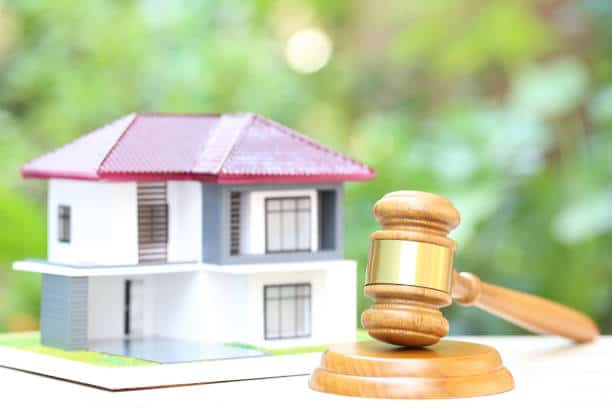
 Image Credit: iStock
Image Credit: iStock
Properties that have unresolved legal disputes, liens, or title issues can scare off potential buyers and significantly reduce value. These complications make it difficult to transfer ownership smoothly.
It’s crucial to resolve any legal issues or liens before putting your property on the market. A clear title and absence of legal complications can help maintain your home’s value and make it more attractive to potential buyers.
13 Pieces of Horrible Financial Advice (That Most People Still Believe)
High Property Taxes
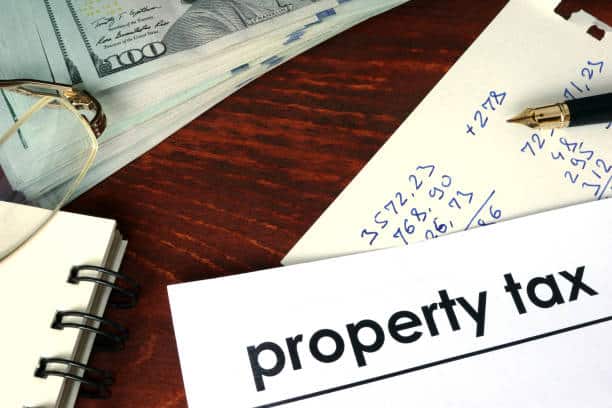

Homes in areas with unusually high property taxes can be less attractive to buyers, as they increase the long-term cost of homeownership. Buyers may opt for homes in areas with more favorable tax rates.
While you can’t control local tax rates, being aware of how your area’s property taxes compare to neighboring communities can help you understand your home’s relative value in the market.
In some cases, challenging an assessment might help keep your property taxes more in line with the local average.
What Taxes Do You Need To Pay On Your Real Estate Investment?
The Bottom Line on Property Value
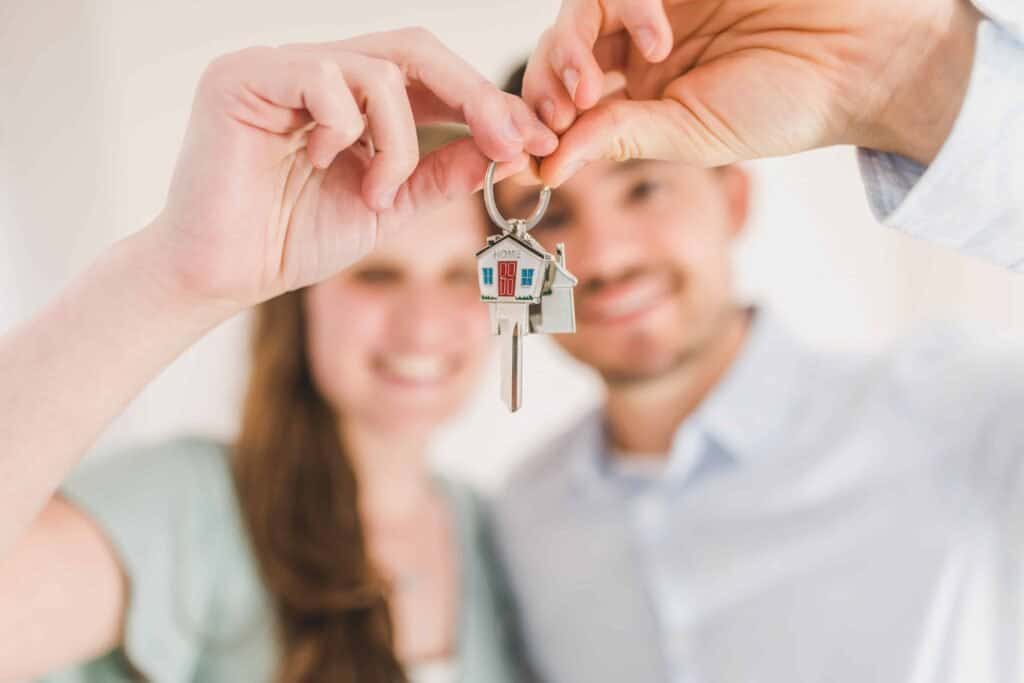

Understanding these property value factors empowers you to make smart real estate decisions. Focus on enhancing positive elements within your control, like maintaining your home and making strategic upgrades.
Stay aware of external influences, such as neighborhood trends or local economic conditions. Regular maintenance prevents costly issues down the line. When buying, consider not just the house, but its surroundings and potential for appreciation.
With the right approach, you can enjoy your home to the fullest while also setting yourself up for success when it’s time to sell.
🙋♀️If you like what you just read, then subscribe to my newsletter and follow us on YouTube.👈
AI was used for light editing, formatting, and readability. But a human (me!) wrote and edited this.




